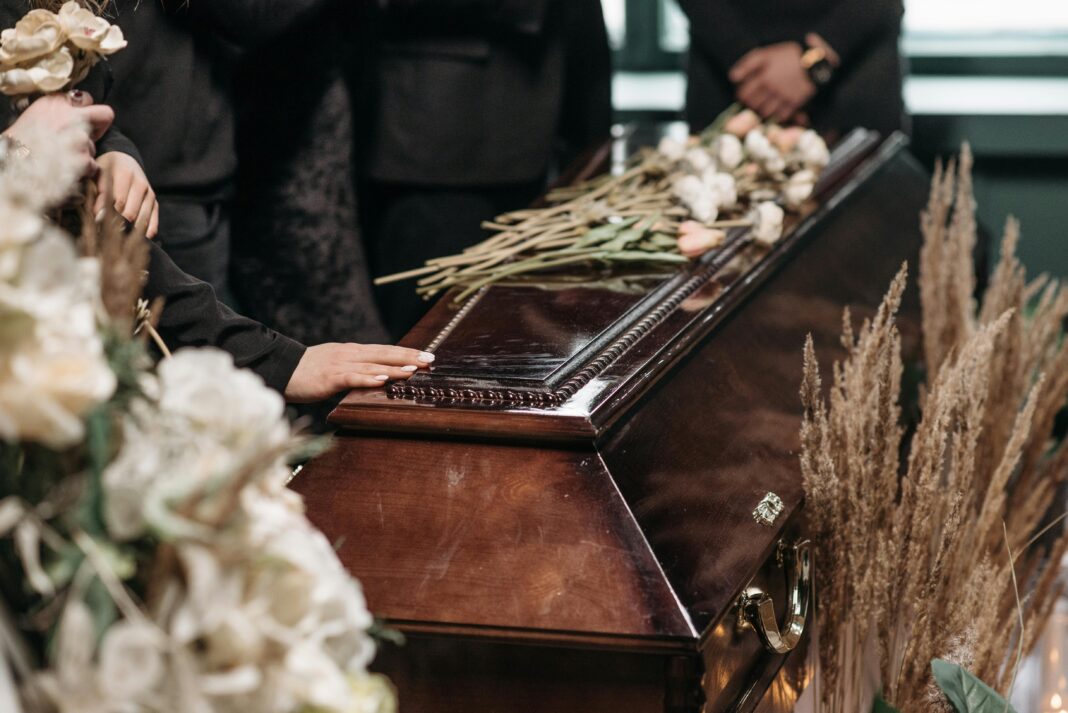Alexei Liptser, jailed Navalny lawyer, refused leave to attend mother’s funeral in Moscow
A Russian court has refused to let jailed lawyer Alexei Liptser attend his mother’s funeral, sparking outrage among human rights advocates and underlining the Kremlin’s relentless crackdown on those linked to the late opposition leader Alexei Navalny.
Liptser, who once formed part of Navalny’s defence team, is serving a sentence of more than five years in prison on charges of “extremism.” On 5 September, his mother, Elena Liptser, herself a respected Moscow lawyer and the daughter of veteran rights activist Lev Ponomaryov, died aged 59 after a long illness. Her final months were overshadowed by the anguish of her son’s imprisonment.
The request for Liptser to attend her funeral was denied by Judge Yuri Paltsev of the Vladimir regional court, the same judge handling his appeal. According to the independent outlet Novaya Gazeta, Paltsev ruled that because Liptser’s conviction had not yet formally entered into force, he had no legal right to be transferred out of detention—even in “exceptional circumstances.” Only those whose sentences have taken effect, the court said, may apply for temporary release in such situations.
Embed from Getty ImagesThe ruling has already drawn comparisons with the case of theatre director Evgeniya Berkovich, who, despite being on remand in 2023 facing similar extremism charges, was permitted to attend her grandmother’s funeral. In Liptser’s case, appeals made by Novaya Gazeta to both the Vladimir court and Russia’s human rights commissioner, Tatyana Moskalkova, were rejected outright.
Elena Liptser’s death marked the end of a distinguished legal career and a life tied to Russia’s human rights struggle. Friends and colleagues said she never stopped hoping that her son might be freed. Instead, he remains behind bars, cut off from one of the most basic human dignities—saying goodbye to his mother.
Alexei Liptser was arrested in October 2023 alongside fellow lawyers Vadim Kobzev and Igor Sergunin. The authorities accused them of using their legal status to participate in what they labelled an “extremist organisation” connected to Navalny’s anti-corruption movement. They were specifically accused of passing information from Navalny during prison meetings to the outside world—sessions that the state later admitted had been covertly recorded by hidden cameras placed by security services.
In April 2024, Liptser was sentenced to five years in a general-regime penal colony and barred from practising law for three years after his release. Memorial, Russia’s Nobel Prize-winning human rights group, has recognised him as a political prisoner.
The harsh treatment of Liptser comes against the backdrop of a wider campaign targeting Navalny’s associates. Since 2021, when the Anti-Corruption Foundation and its regional offices were outlawed as “extremist,” hundreds of former staff, volunteers and supporters have faced criminal cases, harassment and exile.
Navalny’s own death in February 2024 in a penal colony north of the Arctic Circle continues to cast a shadow. Officially declared sudden, his family and allies insist he was murdered. Investigations published in September 2024 by The Insider, based on Russian government files, indicated Navalny was poisoned while in custody.
The denial of farewell to Liptser is seen by many as an extension of the same cruelty. What was once a routine humanitarian allowance has been twisted into another weapon of control. For Navalny’s supporters and Russia’s embattled human rights defenders, the message is unmistakable: even in mourning, dissenters will find no mercy.
